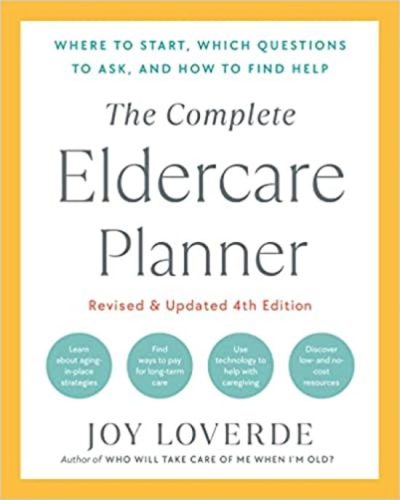Award-winning journalist and Reuters contributor, Chris Taylor wrote an insightful article titled, The Last Taboo: Why nobody talks about money. Chris states that many Americans point to personal finances as the most challenging chat anyone can possibly have.
So what’s going on here? Is it a family trait of silence? Is it fear of being taken advantage of? Rivalry?
Historically, few people have had the experience of observing parents discuss finances when they were growing up. Experts say that not having role models to teach us the ropes about talking about money has a lot to do with it.
These facts have compelled me to write about the topic of talking about money because I know firsthand that not talking with each other has serious consequences.
Beware. Sticker-shock ahead.
The costs associated with long-term care such as specialized housing, special diets, and medical expenses, vary significantly by location. Additionaly, hiring an in-home care worker is a major expense. A recent Kiplinger article reported that the national median annual cost to hire a care worker is more than $61,000. By 2031, it could increase to $83,000 a year.
Annual U.S. nursing home costs continue to skyrocket. In 2021, a semiprivate room cost an average of $93,075 a year ($255 a day). For a private room, you would spend an average $105,850 a year ($290 a day). By 2030, these annual costs could rise to $142,254.
According to the National Center for Assisted Living, the median cost for assisted living in the United States averages $4,500 per month, not including up-front costs such as entry fees and nonrefundable deposits.
When driving is no longer an option, on-demand transportation services can run up a hefty tab. And what about eyeglasses, hearing aids, and dental care?
The possibility of having to spend tens of thousands of dollars to pay for care and daily-living expenses is real. “There is evidence that caring for a parent in midlife substantially increases a woman’s risk of living in poverty in older age,” reports Sheryl Hickerson, financial consultant and owner of Females and Finance.
We’ve all been raised to be polite, and never ever discuss the subject of money with our parents. Instead, we wonder, worry and wait. How will they pay for care if they need it? Will they outlive their money and will I get stuck with the bills?
Remaining silent about money within the family is not in your best interest. Avoiding sensitive financial discussions with parents and siblings will eventually backfire and shake the financial stability of the entire family.
The best time to initiate long-term care money conversations is right now.
Be brave. Take a deep breath, and jump in. You’ll discover a wealth of talking tips by reading the “Communicaring” chapter in The Complete Eldercare Planner, 4th Edition.


